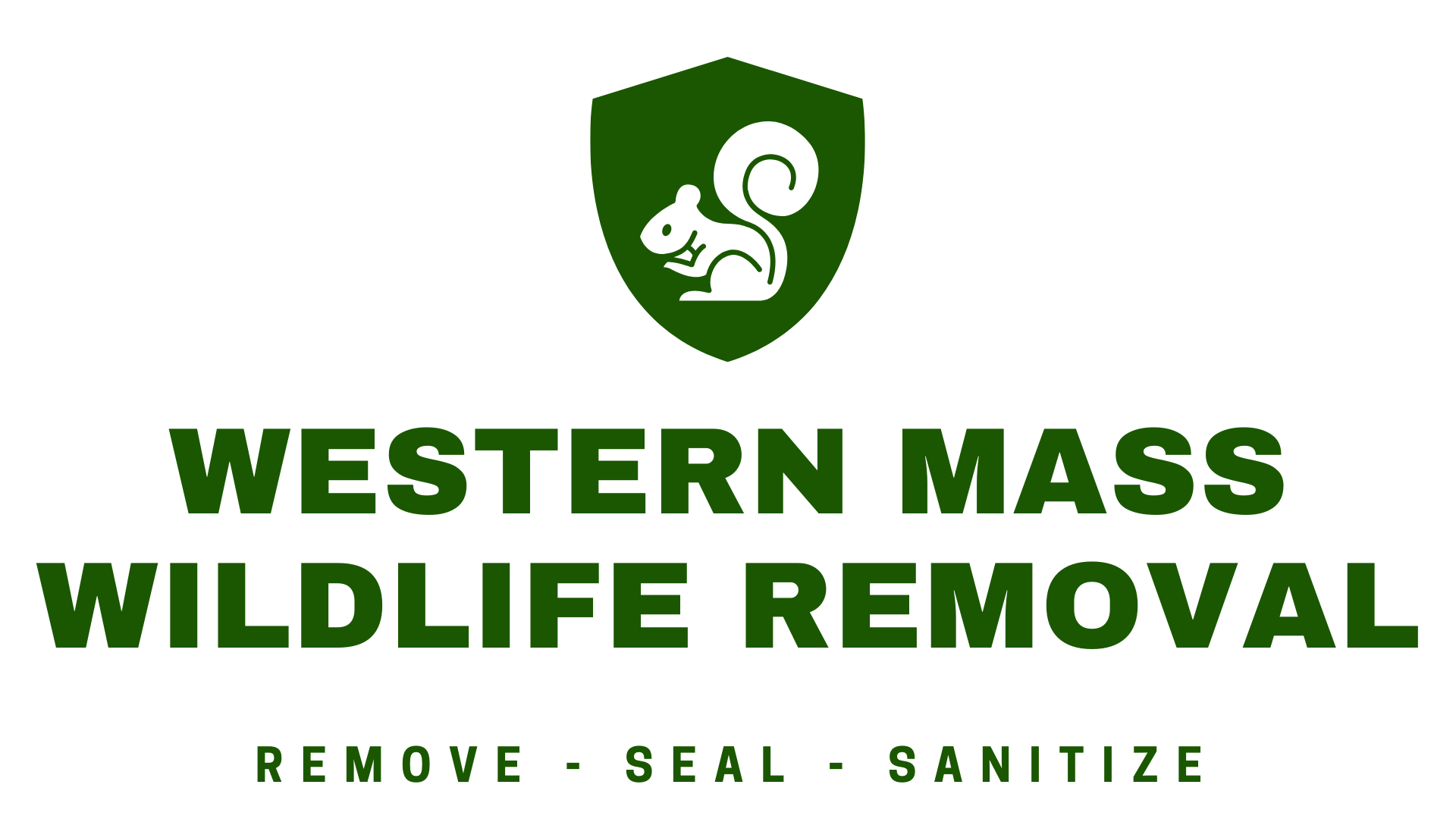Problems associated with wildlife in the home
Wildlife should stay in the wild, and not stay in your home. But what are some of the actual issues associated with animals getting into your attic, or digging under your porch? Lets go over some of the impacts these things can have.
Animals living in your attic can do more than just keep you awake at night. As animals are making use of your attic, the insulation is great nesting material and being inside is hidden from the elements of weather. As they spend plenty of time in here, animals such as birds, squirrels, bats, and raccoons will need to urinate and defecate.
They all do this, some more than others. Flying squirrels and bats typically leave droppings and urine in large piles in specific locations, bats because they have favorite roosting spots and the droppings fall below to one large spot, and flying squirrels because they use a latrine. A latrine is a designated bathroom area, and the entire colony will use this spot repetitively.
These types of things can cause odors, staining onto the ceiling below, and in the bats case, severe respiratory issues when breathed in constantly. Raccoon droppings are known to host raccoon roundworm, an endo-parasite that can make its way to humans when contacted.
Animals living in the attic move their way through the insulation, causing air pockets and make the insulation less efficient. Insulation is light and fluffy for specific reasons, and when animals start digging through it and moving it all around, it becomes less efficient. This can have major impacts of your heating and cooling bills.
Also, as animals are making their way through insualtion, they often come upon wires that are buried below the insulation for things like lights, cable, exhaust vents, and others. Squirrels specifically are curious creatures, and often chew on these wires.
This can cause power outages, flickering lights, and a host of other headaches for electricians and homeowners. Young squirrels go through a short “teething” period in which they often chew on things as their adult teeth are coming in. If you’ve had a squirrel for a longer period of time in your attic, there’s a chance it was a mother who has given birth and a chance things have been chewed on.
On the other spectrum, some animals such as skunks, groundhog, and possum like to spend time living underneath porches, decks, sheds, and areas of the home without deep foundation. While you may not notice much besides the animals going in and out on occasion, there are multiple things that can happen from this. One of which, and probably the most important to note, is the issue of digging tunnels underneath these areas.
Groundhogs are a burrowing species, and dig extraordinary burrow systems that can go feet underground. If they are doing this under porches and other structures, you run into drainage issues that can cause a host of problems.
Burrowing along the edge of a foundation can case large amounts of water to flood into that location, causing leaks into basements and erosion. You can also have any of these animals burrowing near structure support, such as concrete slabs, and as water floods in and erosion happens, you can have issues with decks, sheds, and other locations sinking or leaning over time.
As animals live under these areas, natural causes of death are a part of life and sometimes cause an animal to die underneath. During hot summers, an animals such as skunk, possum, or groundhog that can weigh a handful of pounds or more cause awful stenches that last for weeks or even months.
Being underneath a deck, sun room, or porch can be very difficult to get underneath and remove the carcass. When skunks die, their anal sacs release causing the dead body to also have the pungent smell associated with skunks hang around just as long as the carcass.
These are all some of the issues when wildlife moves in, and some of the things that aren’t thought about until its too late.
Stay proactive and let wildlife be wild and not in your home.

